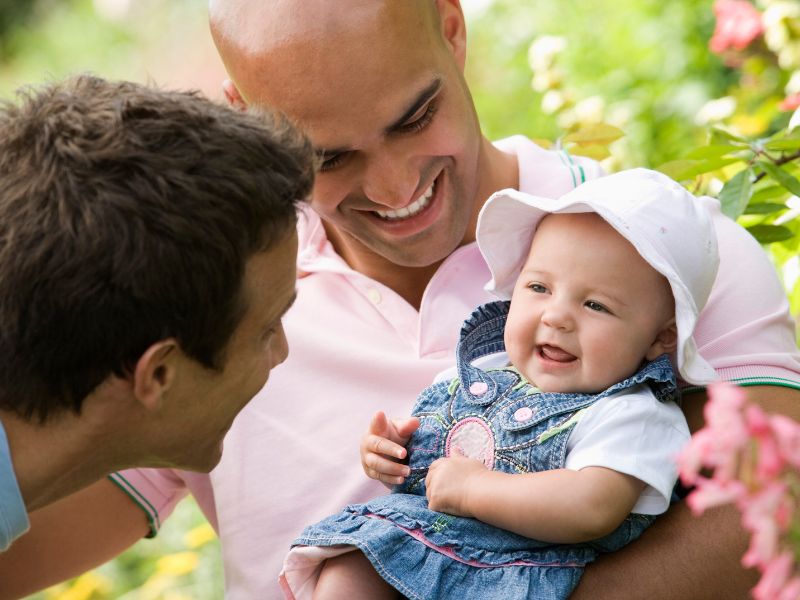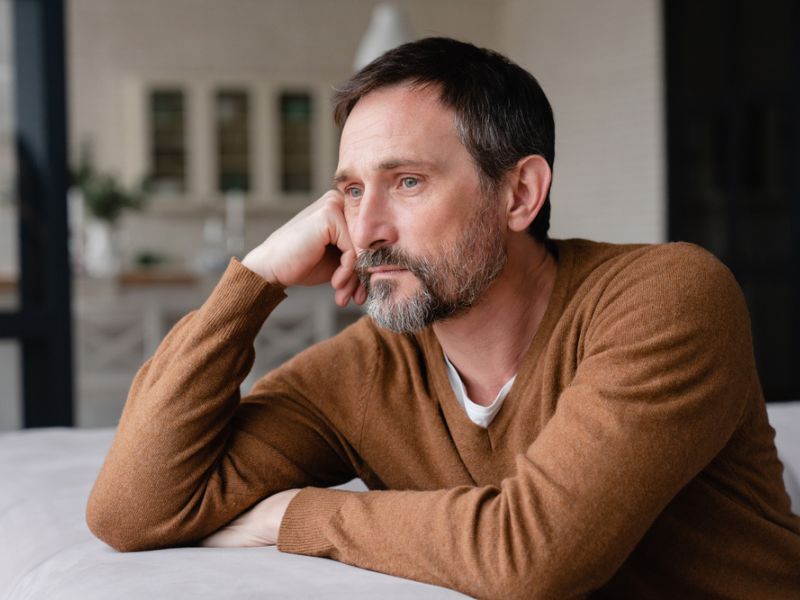Regarding fertility, the focus tends to fall on women and their loudly ticking biological clocks. When considering when to have children, age isn’t just relevant to women. According to experts, men’s fertility also depends on their age.

Image Credit: Shutterstock/Robert Przybysz
Dr. Jane L. Frederick, a reproductive endocrinologist, explains that women get most of the attention due to their limited number of eggs. Women play a crucial role in reproduction, so we often assume fertility, pregnancy, and birth are women’s concerns, with little or no male involvement after providing sperm. The biological clock of older men is ticking as well, but few men realize their biological clock is ticking over 45 years ago
According to a 2017 Beth Israel Deaconess Medical Center and Harvard Medical School study, women aged 40 to 42 had difficulty conceiving. Still, older men, even those whose partners were younger, had lower chances of conceiving. However, the reason remains unclear.
According to Dr. T. Mike Hsieh, director of UCSD Men’s Health Center and professor of urology, it’s clear that there’s not as much data on male fertility as for females. Although there’s no ‘specific cutoff,’ around 45 is generally regarded as advanced paternal age. Still, that paternal age is associated with declines in sperm count, sperm quality, semen volume, testosterone, sexual ability, or erectile dysfunction.

Canva. com
The testosterone levels in men decrease over time, affecting their ability to father children. Frederick explains that declining testosterone levels in men can affect sexual desire, erection problems, and difficulty ejaculating, all contributing to infertility.
Frederick points out, however, that this field has a long way to go. She said, “Many unknowns remain regarding the older male and infertility. Infertility in males will be better understood by further research.”
